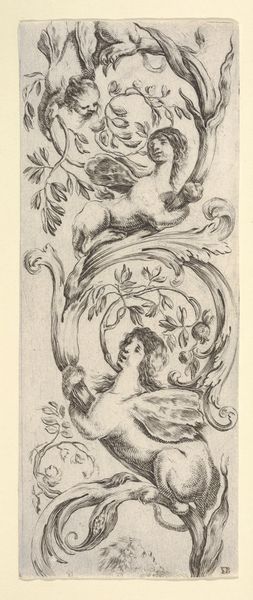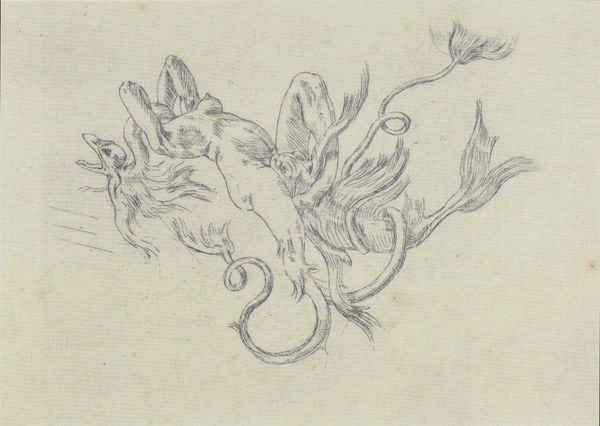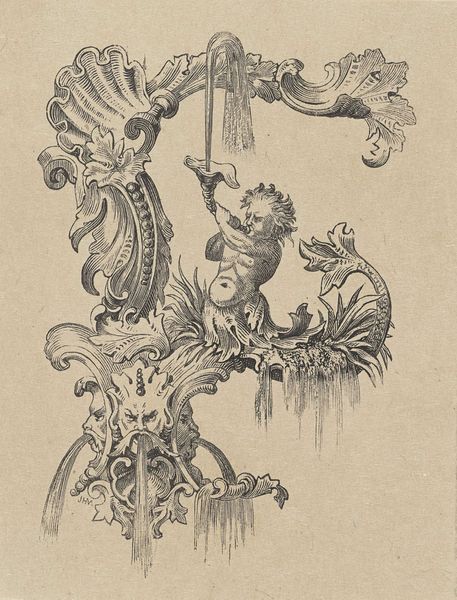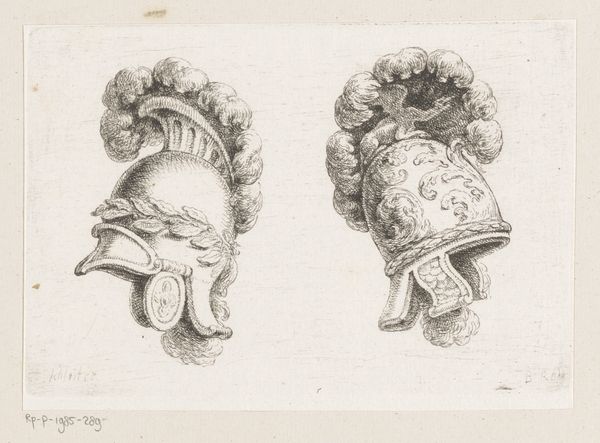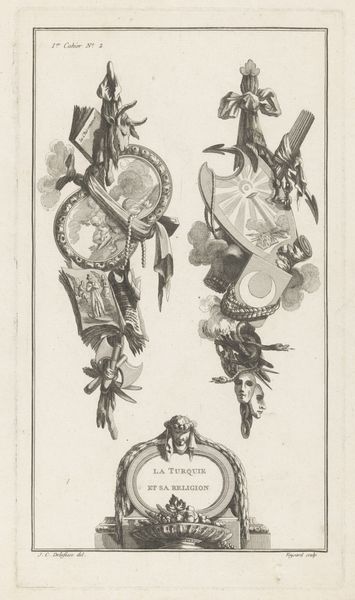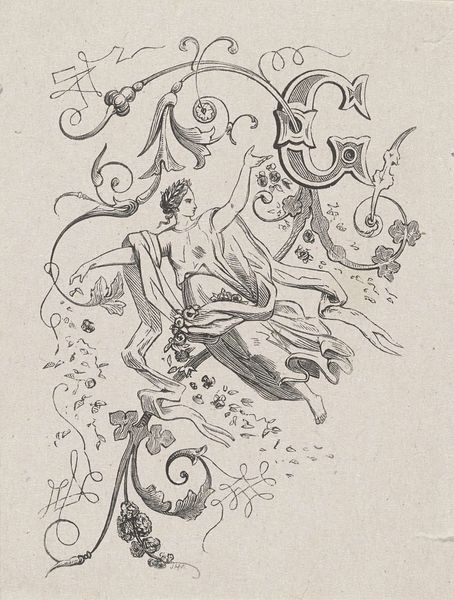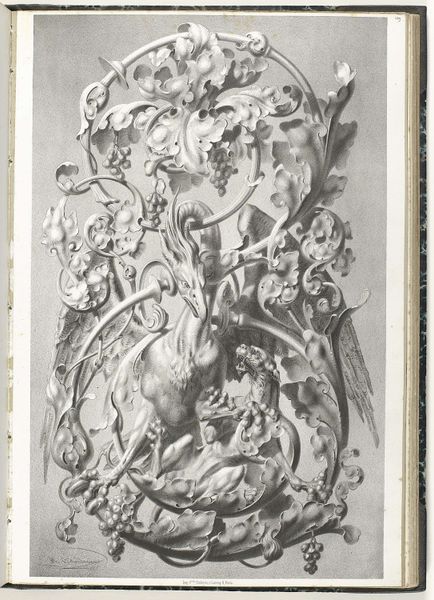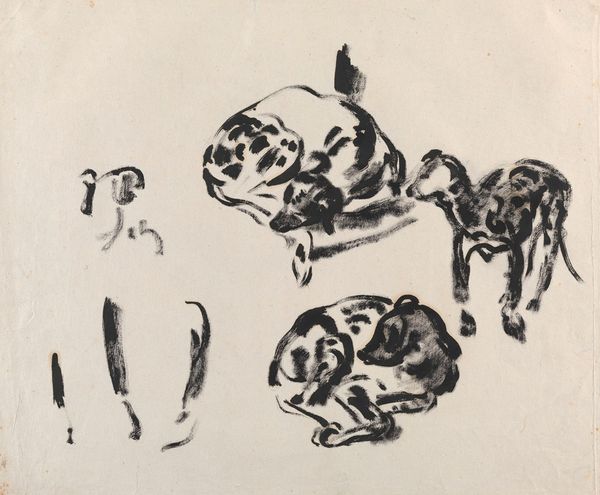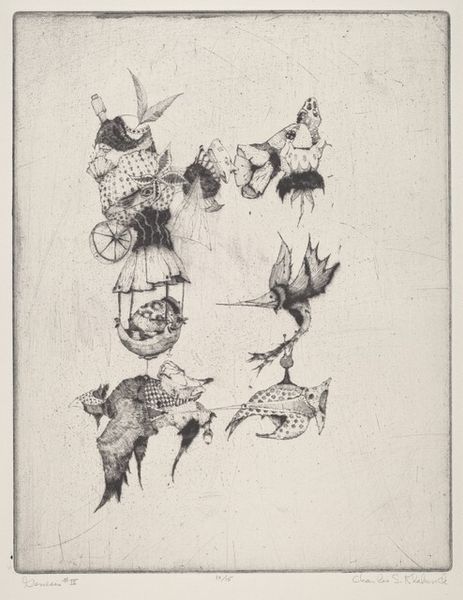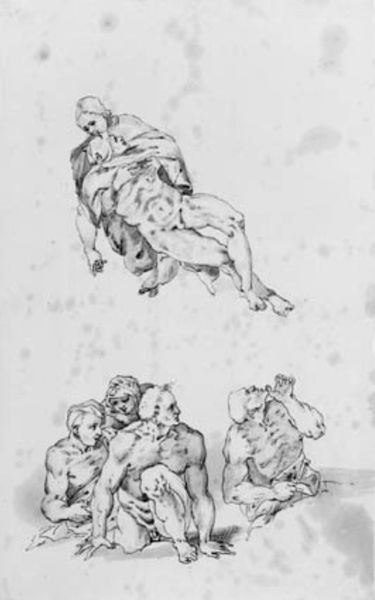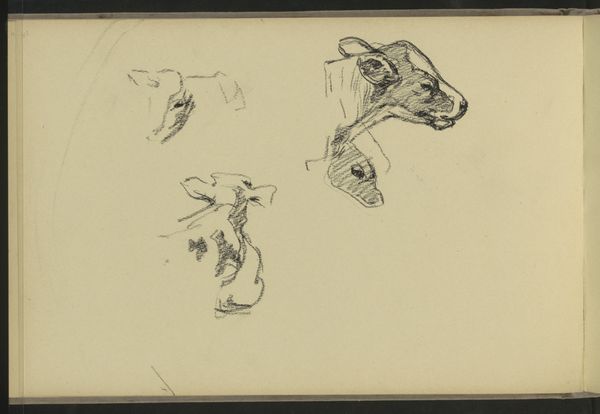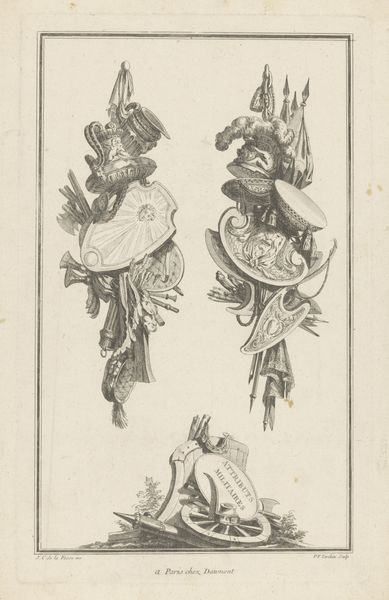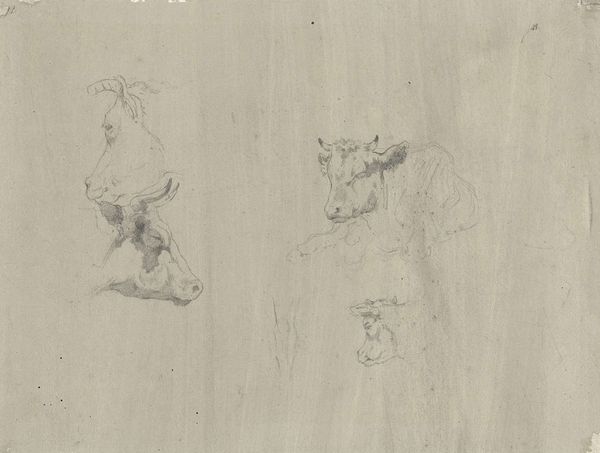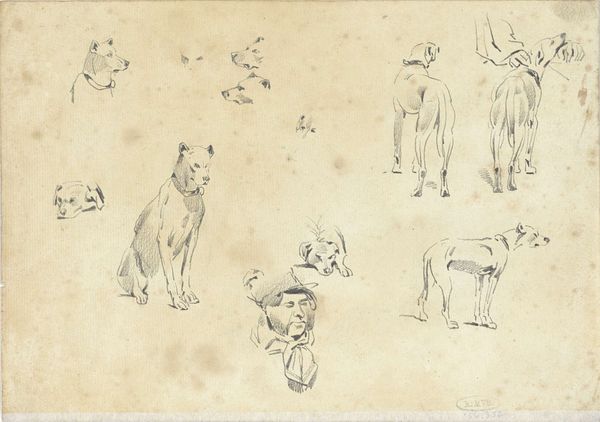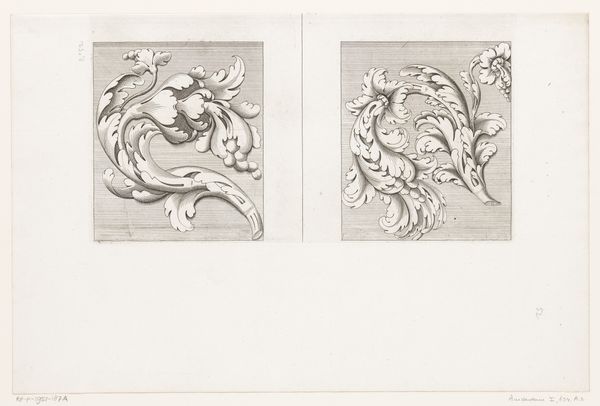
ceramic, porcelain, sculpture
#
sculpture
#
ceramic
#
porcelain
#
sculpture
#
decorative-art
#
rococo
Dimensions: Height with mount (.1): 10 1/2 in. (26.7 cm); Height with mount (.2): 9 3/4 in. (24.8 cm)
Copyright: Public Domain
Editor: Here we have "Pair of Squirrels," crafted between 1727 and 1737 by the Meissen Manufactory. These porcelain sculptures have a whimsical, almost unsettling quality about them, don’t they? How do you interpret the presence of the chains? Curator: The chains are certainly provocative. Consider the Rococo period: often characterized by frivolity and ornamentation, but also a time of rigid social hierarchies. What appears charming on the surface might, in fact, critique constraints. These squirrels, adorned but leashed, speak volumes about status, control, and even perhaps the public’s expectation of artists as servants to the elite. Editor: So, you’re saying they're more than just decorative? The squirrels, with their collars and chains, seem almost like caricatures. Curator: Exactly. Think about the display context too. These wouldn't have been casually placed. Their presence in a noble household was a statement. "Look at our mastery," the owners implied, "not only over materials, but also over nature, rendered harmless and beautiful." Do you think the squirrels' poses – one pleading, one seemingly aggressive – might further that reading? Editor: That’s fascinating. It's like these cute figurines are actually broadcasting a power dynamic, veiled in artistry. It changes how I view other decorative arts from this era, too. Curator: Precisely! Objects weren't just pretty; they actively participated in constructing and reinforcing social narratives. Editor: I hadn't considered that art, even in such a small scale, could carry such a heavy historical message. Thanks for untangling that for me. Curator: My pleasure. It's all about looking beyond the surface and recognizing art's public role in shaping perception.
Comments
No comments
Be the first to comment and join the conversation on the ultimate creative platform.
